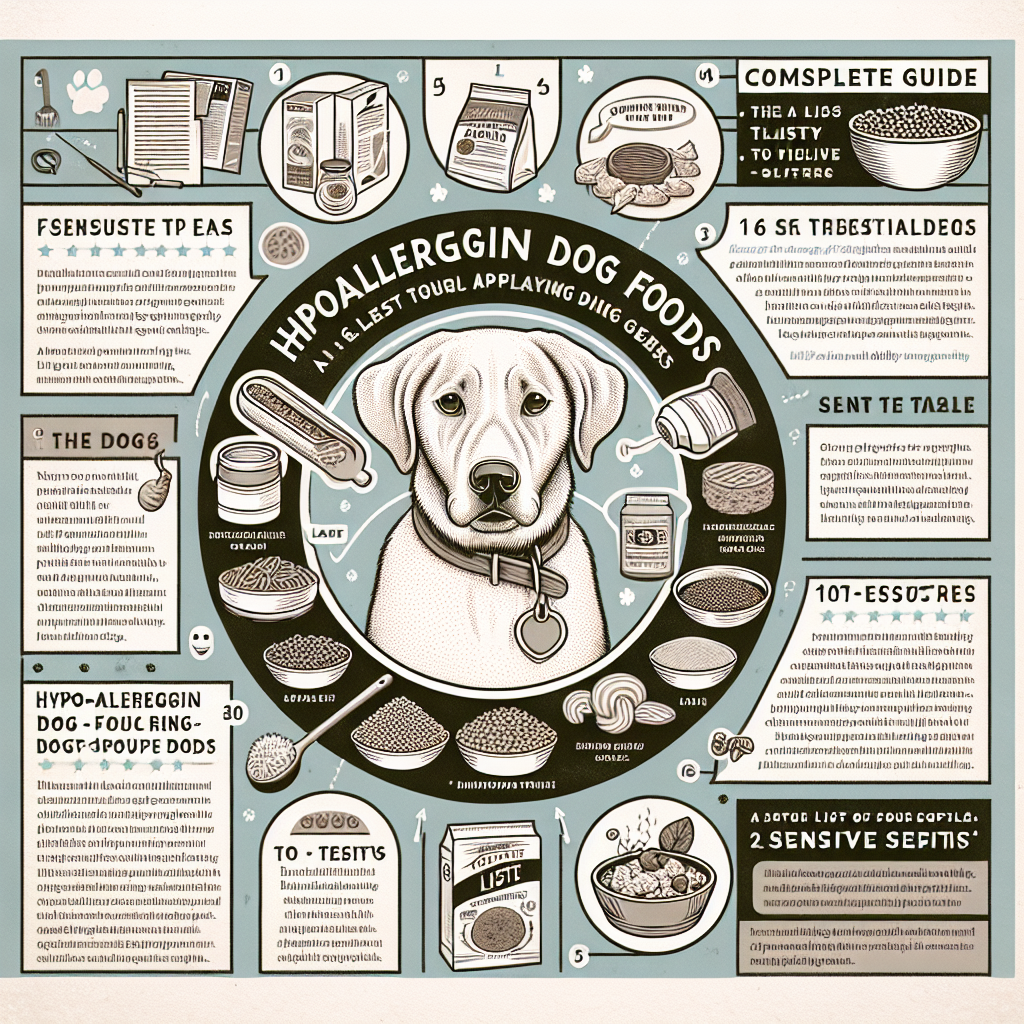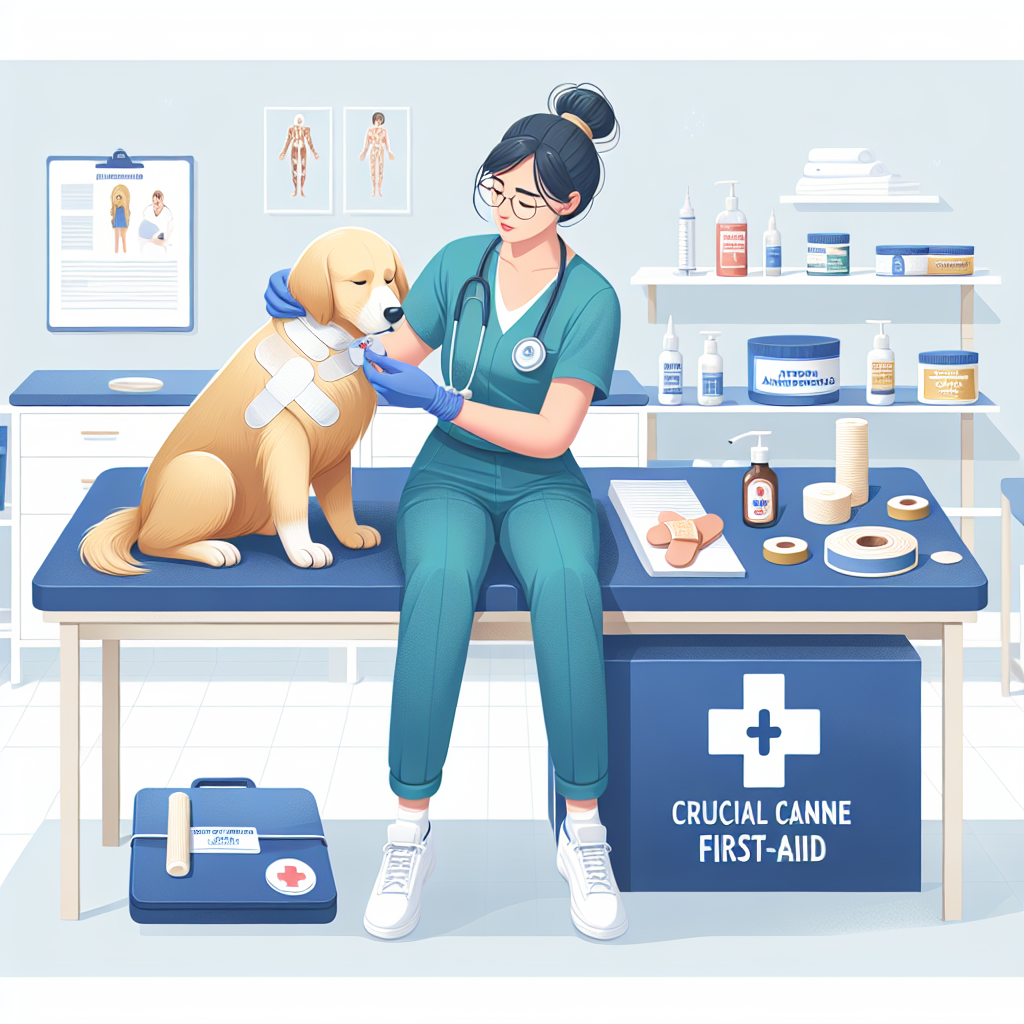
When it comes to ensuring your canine companion’s well-being, nothing is more critical than a balanced, nutritious diet. Much like humans, dogs require a variety of essential nutrients to maintain optimal health, energy levels, and longevity. Whether you’re formulating a homemade diet or choosing the best commercial dog food, understanding these vital nutrients and their roles can make a significant difference in your pet’s life.
This comprehensive guide aims to delve deeply into the top 10 essential nutrients that should be included in your dog’s diet, offering expert tips and practical advice for optimal canine health.
1. Proteins: The Building Blocks of Life
The Importance of Protein
Proteins are fundamental to almost every function in a dog’s body. They are made up of amino acids, which are the building blocks necessary for the growth, repair, and maintenance of tissues, and they play a crucial role in metabolic processes.
Essential Amino Acids
Dogs require 22 amino acids to function properly, and they can synthesize about half of those on their own. The remaining "essential amino acids" must be obtained through their diet. These include:
- Arginine
- Histidine
- Isoleucine
- Leucine
- Lysine
- Methionine
- Phenylalanine
- Threonine
- Tryptophan
- Valine
Protein Sources
High-quality protein sources include meat (such as chicken, beef, and lamb), fish, eggs, and dairy products. For those considering vegetarian dog diets, lentils, chickpeas, and tofu can serve as alternative protein sources.
Expert Tip
Ensure you’re providing your dog with a variety of protein sources to cover all essential amino acids, especially if you are formulating a homemade diet.
2. Fats: Essential for Energy and Health
The Role of Fats
Fats are a dense source of energy, providing more than twice the calories per gram than proteins or carbohydrates. They are also vital for the absorption of fat-soluble vitamins (A, D, E, K) and contribute to the health of the skin and coat.
Essential Fatty Acids
Dogs cannot synthesize essential fatty acids like omega-3 and omega-6, which must be included in their diet. These fatty acids support heart health, reduce inflammation, and improve cognitive function.
Fat Sources
Animal fats, fish oil, flaxseed oil, and vegetable oils (like canola or sunflower oil) are excellent sources of essential fatty acids.
Expert Tip
Fish oil supplements can be particularly beneficial for dogs with skin issues, arthritis, or those requiring a boost in cognitive function.
3. Carbohydrates: Energy and Fiber
The Function of Carbohydrates
Carbohydrates are a significant source of energy and provide necessary dietary fiber. While not strictly essential, they can aid in digestion, promote gut health, and maintain steady energy levels.
Types of Carbohydrates
Complex carbohydrates (such as oats, barley, and sweet potatoes) are preferable over simple carbohydrates (like sugars) because they provide sustained energy.
Fiber Sources
Fiber from vegetables, fruits, and whole grains helps with digestion and can prevent constipation.
Expert Tip
Balance is key; too many carbohydrates can lead to obesity and other health issues. Aim for a balanced diet that includes moderate amounts of healthy carbohydrates and fiber.
4. Vitamins: Organic Compounds Vital for Health
Essential Vitamins
Vitamins are crucial for various biochemical processes and overall health. Key vitamins include:
- Vitamin A: For vision, immune function, and skin health.
- Vitamin D: Necessary for bone health by regulating calcium and phosphorus.
- Vitamin E: An antioxidant that supports skin health and immune function.
- Vitamin K: Important for blood clotting.
- B-complex Vitamins: Support metabolism, brain function, and energy production.
Vitamin Sources
Meat, liver, fish, dairy, fruits, and vegetables offer broad-spectrum vitamin coverage.
Expert Tip
Over-supplementation can be just as harmful as deficiencies—provide a balanced diet to meet usual vitamin requirements.
5. Minerals: Inorganic Elements for Strong Bones and Teeth
Essential Minerals
Minerals are split into two categories: macrominerals and microminerals.
- Macrominerals: Calcium, phosphorus, magnesium, sodium, potassium, and chloride.
- Microminerals (trace minerals): Iron, zinc, copper, manganese, selenium, and iodine.
Mineral Functions
- Calcium and Phosphorus: Crucial for bone and teeth health.
- Iron: Important for oxygen transport in the blood.
- Zinc: Crucial for immune function and skin health.
Mineral Sources
Meat, bones, fish, eggs, vegetables, and fortified foods.
Expert Tip
Monitor calcium and phosphorus levels, especially in growing puppies, to ensure proper bone development.
6. Water: The Most Important Nutrient
The Role of Water
Water is involved in every cellular process, regulates body temperature, aids in digestion, and eliminates waste.
Daily Water Needs
Dogs should always have access to fresh water. Typically, a dog needs about one ounce of water per pound of body weight daily.
Expert Tip
Monitor hydration levels, especially during hot weather or after exercise. Dehydration can lead to serious health issues.
7. Antioxidants: Combatting Free Radicals
Importance of Antioxidants
Antioxidants combat free radicals, reducing oxidative stress and preventing cell damage. This can slow the aging process and improve overall health.
Antioxidant Sources
Fruits (such as blueberries and cranberries), vegetables (like spinach and kale), and certain herbs (such as turmeric and oregano).
Expert Tip
Incorporate antioxidant-rich foods into your dog’s diet to support immune health and longevity.
8. Probiotics and Prebiotics: Gut Health
The Role of Probiotics and Prebiotics
- Probiotics: Beneficial bacteria that improve gut health and aid digestion.
- Prebiotics: Non-digestible fibers that feed these beneficial bacteria.
Sources
Probiotics can be found in fermented foods like yogurt, while prebiotics are abundant in foods such as garlic, bananas, and whole grains.
Expert Tip
Consider probiotic supplements, especially if your dog has digestive issues or has been on antibiotics recently.
9. Glucosamine and Chondroitin: Joint Health
The Importance for Joints
Both glucosamine and chondroitin are crucial for maintaining the health of cartilage and joints, helping to prevent arthritis and related conditions.
Sources
Available in specialized dog foods or as supplements, commonly derived from shellfish or synthesized in labs.
Expert Tip
Add these supplements for older dogs or breeds predisposed to joint problems for improved mobility and quality of life.
10. Collagen: Beyond Skin and Coat Health
The Role of Collagen
Beyond skin and coat health, collagen is crucial for the integrity of joints, tendons, and ligaments.
Sources
Bone broth, chicken feet, and collagen supplements.
Expert Tip
Incorporate collagen-rich foods or supplements to support joint health, especially in active or aging dogs.
Conclusion
Ensuring your dog’s diet is balanced and nutrient-rich requires understanding and including a diverse array of essential nutrients. Proteins, fats, carbohydrates, vitamins, minerals, water, antioxidants, probiotics, glucosamine, and collagen all play vital roles in maintaining optimal canine health. Consulting with your veterinarian can provide personalized advice and help you tailor these suggestions to your dog’s unique needs.
With this comprehensive guide, you’re now equipped with the knowledge to make informed decisions that will contribute to the long, healthy life of your beloved pet. Remember, a balanced diet is the cornerstone of a happy, healthy dog.
#ChatGPT assisted in the creation of this article.




